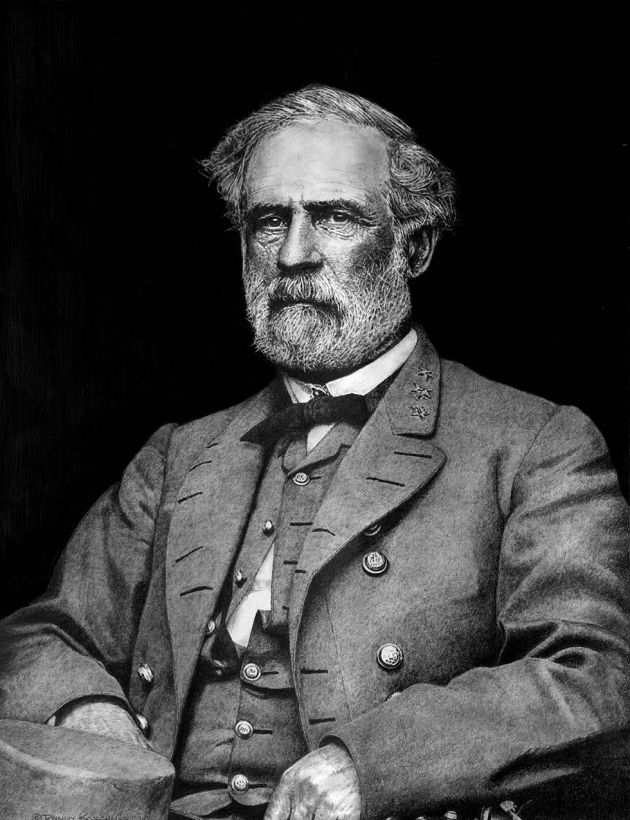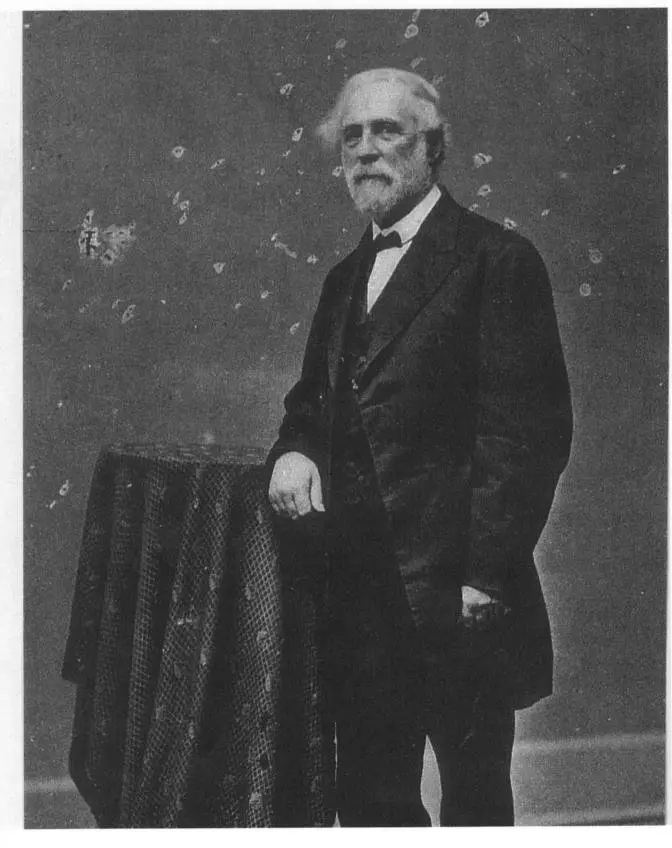
General Robert E. Lee was a renowned Confederate commander during the American Civil War. After the war, he faced a great deal of uncertainty and had to navigate the challenges of rebuilding his life and reputation in a changed country.
Lee’s Surrender and Post-War Life

Following the Confederate defeat at Appomattox Court House in 1865, Lee surrendered to Union General Ulysses S. Grant. He returned to his home in Virginia, which had been ravaged by war, and spent the next few years trying to rebuild his life. He became the president of Washington College, now Washington and Lee University, in Lexington, Virginia.
Lee’s Views on Reconciliation

Lee believed in reconciliation between the North and South after the Civil War. He urged Southerners to accept the outcome of the war and move forward. In a letter to a friend, he wrote, “I think it is the duty of every citizen, in the present condition of the Country, to do all in his power to aid in the restoration of peace and harmony.”
Lee’s Legacy
Today, Robert E. Lee is remembered as much for his post-war actions as his wartime leadership. He is celebrated as a symbol of Southern honor and chivalry, but his legacy is also complicated by his association with the Confederacy and its cause. Despite the controversies, Lee remains an important figure in American history.
Conclusion
General Robert E. Lee faced many challenges after the Civil War, but he remained committed to reconciliation and the rebuilding of the country. His legacy is complex, but he is remembered as a symbol of Southern honor and a significant figure in American history.